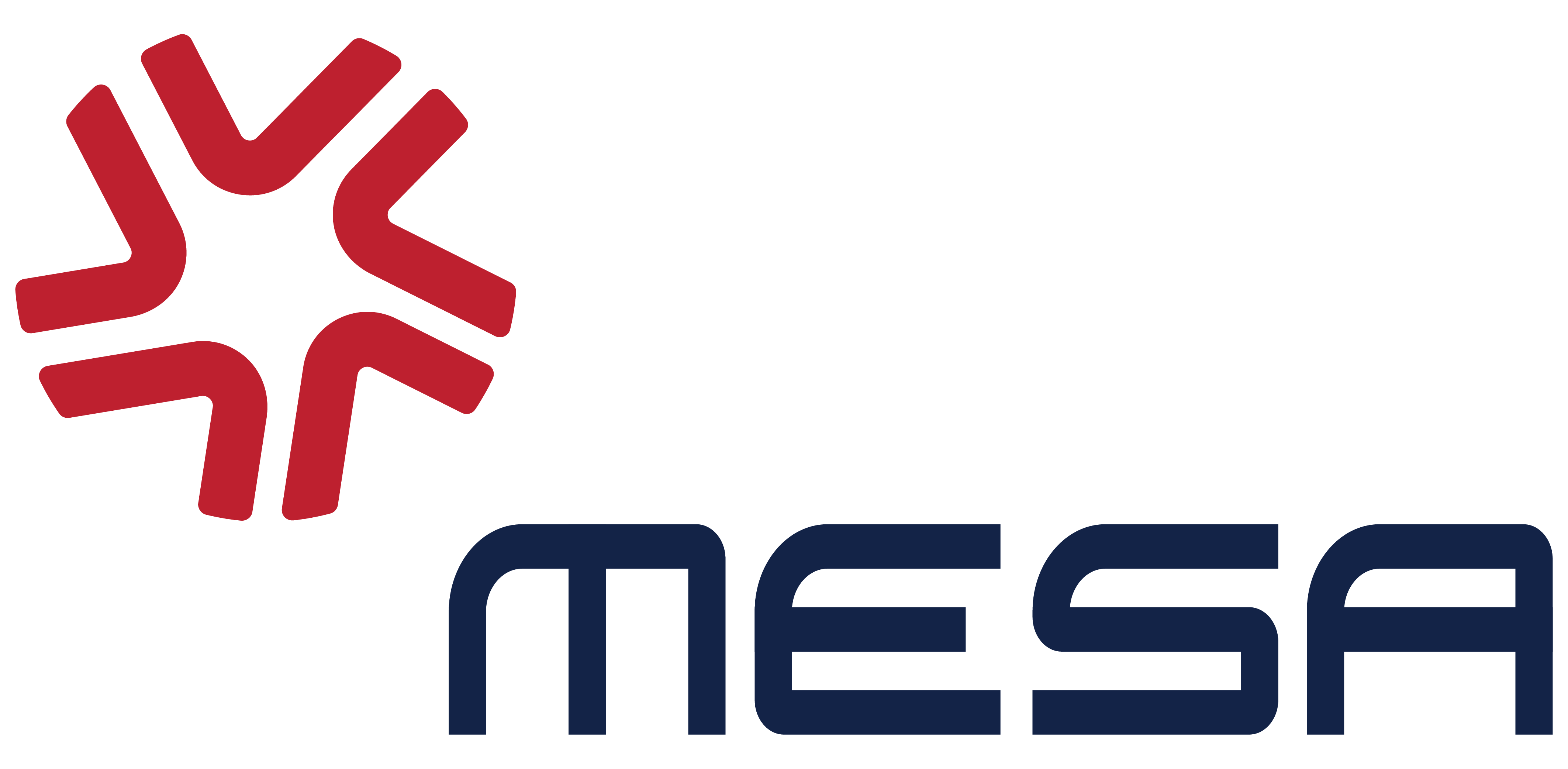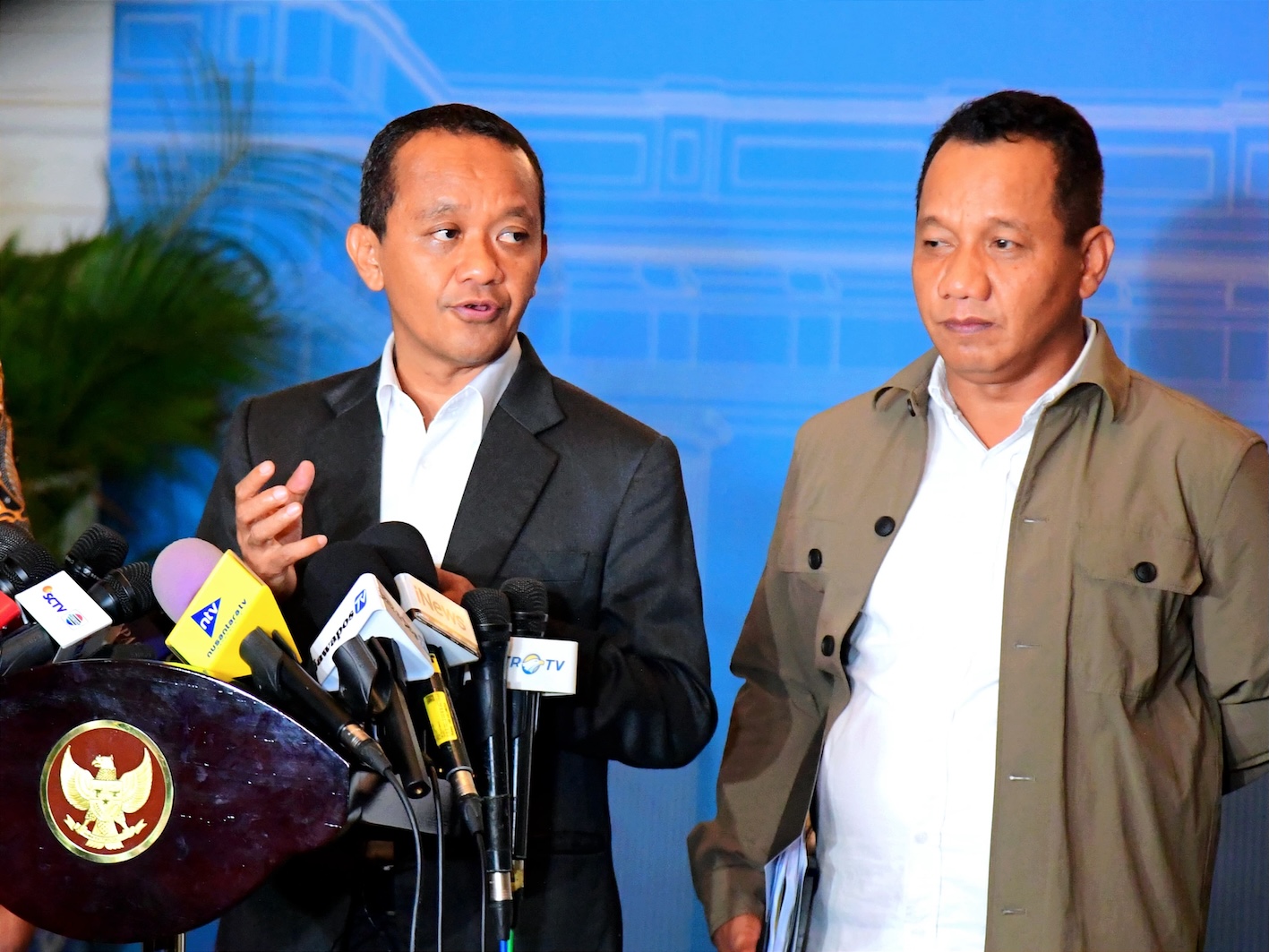The administration of President Prabowo Subianto continues to push forward energy downstreaming (hilirisasi) as a core strategy to enhance national energy resilience. As part of this commitment, the Ministry of Energy and Mineral Resources (ESDM) has announced plans to develop new oil refineries and coal-based Dimethyl Ether (DME)facilities.
Minister of Energy and Mineral Resources Bahlil Lahadalia revealed the government’s plan to build a large-scale oil refinery with a processing capacity of 500.000 barrels per day, aiming to ensure a more stable and sustainable energy supply for the country.
“We’re planning to build a refinery, God willing, with a capacity of around 500.000 barrels per day — one of the largest in the region,” Bahlil stated during a press conference at the Presidential Palace on March 3.
“This is a key step in strengthening our national energy security.”
The refinery will be designed to process both domestic and imported crude oil and is projected to produce up to 531.500 barrels per day of refined products, including fuel (BBM). The total investment required for the project is estimated at USD 12.5 billion.
This initiative is expected to:
-
Reduce annual oil imports by up to 182.5 million barrels, equivalent to savings of USD 16.7 billion
-
Create approximately 63.000 direct and 315.000 indirect jobs
In the mineral and coal (minerba) sector, the Ministry will also accelerate the development of DME production facilities as a substitute for imported Liquefied Petroleum Gas (LPG). These projects are planned for Muara Enim and Ogan Komering Ilir (South Sumatra), Tanah Bumbu (South Kalimantan), and Kutai Timur (East Kalimantan).
“We’ll produce DME from low-calorie coal as a direct replacement for LPG. The goal is to fully commercialize it for the domestic market, reducing import dependence,” said Bahlil.
Importantly, the current development model will no longer rely on foreign investors. Instead, the government will utilize domestic capital, local resources, and national private sector participation, with the only external input being technology.
“This time, we don’t need external investors. The capital expenditure will come from the government and local private companies. We have the resources and the offtakers — what we need now is the technology,” Bahlil emphasized.
The announcement follows a high-level meeting led by President Prabowo, during which the government approved 21 priority downstreaming projects totaling USD 40 billion in investment. The President has also identified 26 strategic commodity sectors for national downstreaming, including minerals, oil and gas, agriculture, plantations, fisheries, and forestry.
This comprehensive initiative is expected to not only boost Indonesia’s energy and industrial resilience but also create significant employment opportunities across the country.




